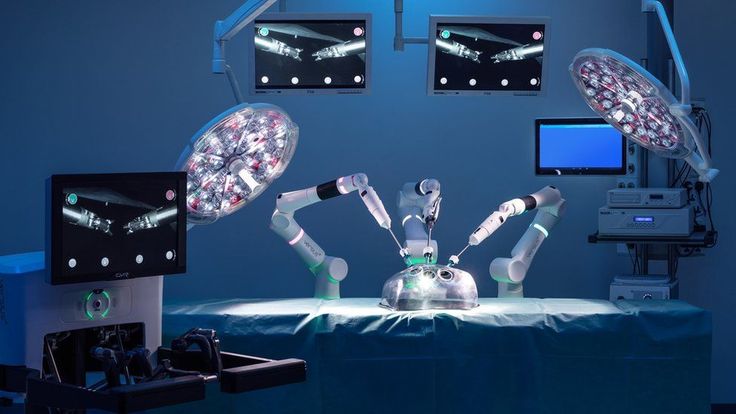
In the intersection of life sciences and medicine, breakthrough therapies are redefining humanity's potential to combat immune diseases. Recent findings published in prestigious international journals reveal that precision immunomodulation techniques are opening up entirely new pathways for curing stubborn diseases.
Technological Breakthroughs Reshape Treatment Paradigms
Traditional immunosuppressive therapies have long faced the dual challenges of systemic side effects and limited efficacy. The maturation of novel cellular engineering technologies has provided the medical community with the key to precisely regulating the immune system. A cell reprogramming program developed by a European research team successfully achieved selective elimination of pathogenic factors by modifying specific immune cells in vitro. Clinical studies show that approximately 90% of patients receiving this therapy experienced significant symptom improvement, with some early recipients maintaining a disease-free status for over two years.
The core breakthrough of this technology lies in its targeting mechanism. Researchers have equipped immune cells with smart recognition systems through gene editing, enabling them to accurately locate and eliminate abnormal cells that trigger autoimmune responses. Compared to the broad suppression strategies of traditional therapies, this new method significantly reduces treatment-related risks while preserving overall immune efficacy.
A New Dimension in Precision Medicine
Amidst the wave of technological iteration, more sophisticated molecular recognition systems have emerged. A novel receptor technology developed by an international research institution can identify the molecular characteristics of specific pathogenic proteins. This innovative design allows the treatment process to function like a biological microscope, distinguishing healthy cells from diseased ones, and controlling treatment errors to a magnitude of one in a million.

Experimental data indicate that the recognition efficiency of optimized immune cells for target antigens has increased by more than three times. This breakthrough not only enhances treatment effectiveness but also lays the groundwork for personalized therapies for complex immune diseases. The research team has initiated clinical validations targeting skin and nervous system conditions, with preliminary results confirming safety and efficacy.
Multidimensional Innovations in Treatment Strategies
In addition to cellular engineering technologies, new immunomodulation strategies continue to emerge. The introduction of the concept of reverse vaccination challenges traditional understanding; this innovative therapy reshapes immune memory to guide the body in establishing tolerance mechanisms to its own antigens. Animal experiments have shown that this technology can effectively reverse severe complications such as nerve damage, providing new insights for chronic disease treatment.
Advancements in biomaterials are also driving innovations in therapeutic methods. A biotechnology company has developed a nanoscale carrier system capable of targeted delivery and controlled release of therapeutic agents. This intelligent delivery platform has demonstrated precise lesion targeting capabilities in preclinical studies, significantly enhancing drug utilization efficiency.

As technological breakthroughs and clinical validations progress in tandem, the medical community is witnessing a fundamental shift in treatment paradigms. When gene editing meets smart recognition, and biomaterials integrate with nanotechnology, humanity finally possesses precise tools to reshape immune balance. This silent medical revolution not only signifies a renewed hope for countless patients but also heralds the dawn of a new era in precision medicine focused on molecular regulation. In the quest to conquer autoimmune diseases, the power of science is writing miraculous stories of life.





